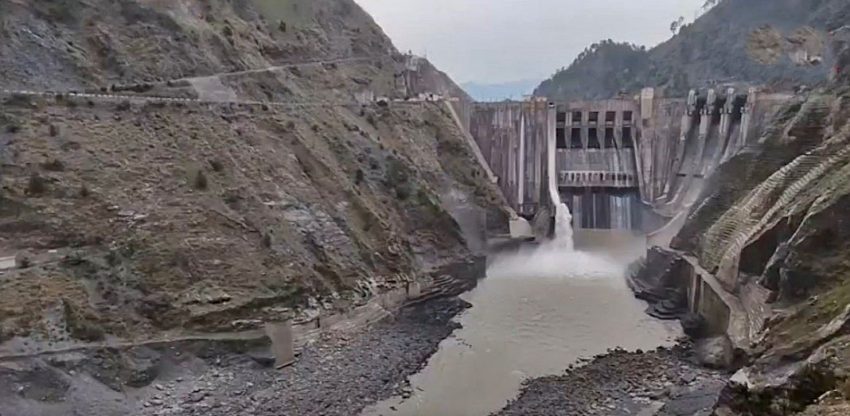NEW DELHI – Weeks after suspending Indus Water Treaty, India now moved along with aggressive dam construction in the disputed Ladakh region.
The recent move to launch over ten major hydropower projects on Indus River in the disputed Ladakh region raised serious concerns in Pakistan, as experts warn of threats to regional water security.
The new projects including Achinthang-Sanjak, Parfela, Sont (Batalik), and Khalsti will restrict water flow on western rivers, which flow into Pakistan. Pakistani water officials and analysts argue that these developments could exceed the storage and usage limits set by the IWT, signed in 1960 with World Bank mediation.
Amid the dire situation, Pakistan accused India of turning water into political weapon, warning that these projects could lead to a drastic reduction in water flow to Pakistan potentially triggering an agricultural and ecological crisis.
“The unilateral control of water in a disputed territory not only breaches international norms but sets a dangerous precedent for global water diplomacy,” officials warned.
He also highlighted disparity between military and civilian access to resources in Ladakh, pointing out that while the projects are being justified as necessary for troops stationed in Siachen, the local population continues to suffer from lack of basic energy infrastructure.
Pakistani government consistently voiced concern over Indian water infrastructure in occupied Kashmir, calling it as threat that could be exploited during times of political tension. The latest wave of hydropower initiatives has only deepened Islamabad’s apprehensions.
India restricts water supply from Kishanganga Dam to Neelum River after revoking IWT














